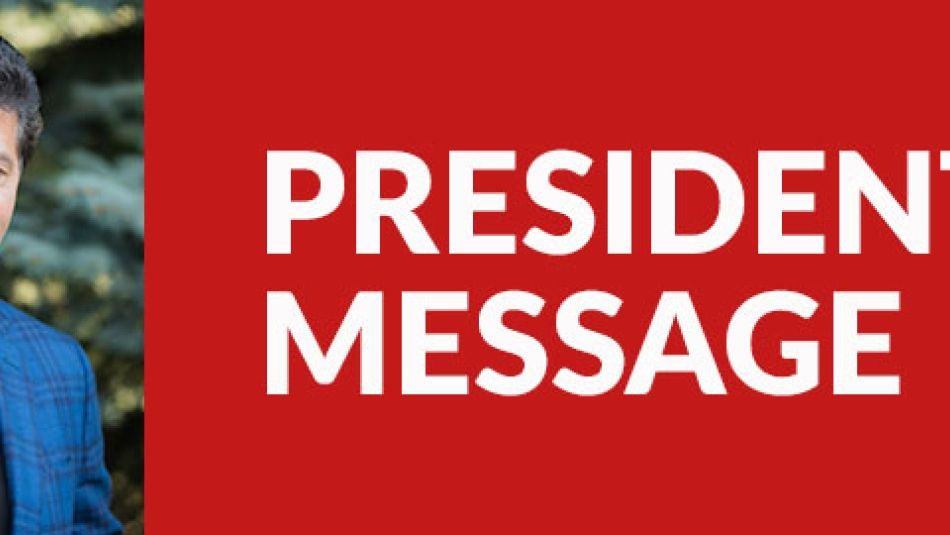
Share
This year the annual United Nations’ World Water Day comes at a pivotal moment for Canada. Defending freshwater resources has been a growing concern for Indigenous communities—and for good reason. Safe drinking water is a human right, but it is far from something that many remote First Nations can take for granted.
There are at least 61 long-term and dozens more short-term drinking water advisories in effect for Indigenous communities across Canada. Some communities haven’t had access to safe drinking water for decades.
Not only is lack of safe water a major concern for day-to-day health, but it also raises concerns about preventing the spread of COVID-19 among communities that could be the most vulnerable.
The Trudeau government has pledged to end long-term drinking water advisories in First Nations communities by 2021, but an independent report from the Parliamentary Budget Officer casts doubt on whether or not there is funding to match what is required to achieve that goal.
That’s not to say that there hasn’t been progress on improving drinking water in affected communities. Eighty-eight long-term advisories have been lifted since Trudeau made his promise in 2015. Despite the funding gap identified by the Budget Officer, Indigenous Services Canada (ISC) has forecasted that all long-term advisories will be eliminated by 2021.
The Trudeau election promise, and the figures reported by ISC, are for long-term advisories only, and don’t capture the recurring short-term advisories regularly issued for communities with better, but not reliable, access to safe water. The promise also leaves out communities not directly funded by ISC.
The path forward must involve adequate funding. For this to be sustainable and consistent with the spirit of reconciliation, the federal government must also consider First Nations equal partners in the ongoing management of their water and infrastructure.
This includes respecting First Nations leadership when they express concern about the impact of large resource extraction projects on their land and water. Reconciliation is not a veto, but it is free and informed consent for development on traditional territories. Nothing is less free than negotiating terms of a resource development project when access to drinking water is a bargaining chip.
Successful acts of reconciliation can also be found in non-governmental water projects. I’m proud of the work my union has done to partner with Shoal Lake First Nations in Manitoba.
Unifor’s Canadian Community Fund donated $140,000 to support the construction of a training center for local workers building the “Freedom Road” to bring fresh water to Shoal Lake 40, an Indigenous community that has been under a water advisory for almost two decades.
When it comes to innovative solutions, community and labour partnerships with First Nations should not be mistaken for public-private partnerships, or P3s. Safe drinking water is simply too important to be left for profiteers looking to make a quick buck where governments have abandoned their responsibilities to properly fund and oversee water and wastewater infrastructure.
This World Water Day, you can take action to keep the federal government accountable to its commitment to First Nations. Tell the Prime Minister that you support funding the improvement of water and wastewater infrastructure in Indigenous communities. Nobody should have to wait for safe drinking water, especially not now.


